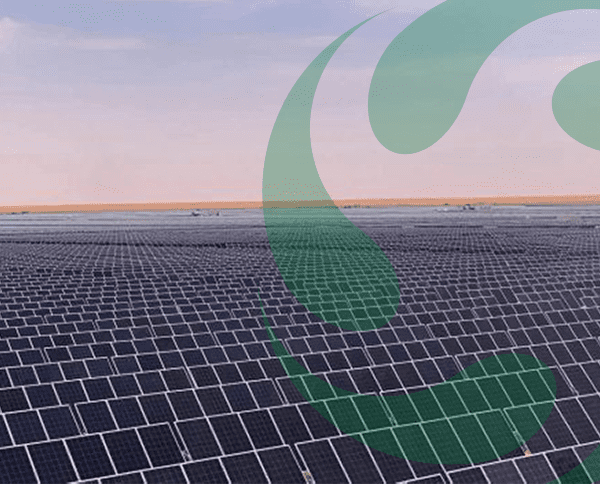
Why Gulf countries choose renewable energy
Why Gulf countries choose renewable energy
There are many renewable energy projects in the Gulf countries. Because of many advantages and fighting with global climate change, many Gulf countries, as Saudi Arabia, Jordan, United Arab Emirates, choose renewable energy.
The use of renewable energies is becoming increasingly popular all over the world, especially in Europe. The reason for this popularity is the necessity of a global struggle against climate change. Global warming has already increased the average temperature around the world by 0.9 degrees, and it is known that millions of people will be affected by a temperature of 1.5 degrees.
In this struggle against global climate change, Gulf countries started to make serious strides. In Saudi Arabia, Jordan and the United Arab Emirates, many policies have begun to emerge that support energy transformation. There are solar and wind power projects completed in the Middle East. INTEC completed the 15 MW Al Kharj project at the beginning of autumn 2019 and the Al Jauf project at 102 MW at the beginning of November 2019.
As IRENA Director-General Francesco La Camera recently said at the International Energy Forum in Riyadh, Saudi Arabia: “It is not only possible, but it is also our best option because it will bring higher socio-economic benefits than usual jobs and allow us to address climate change effectively.”
IRENA Director-General Francesco La Camera – International Energy Forum, Riyadh, Saudi Arabia
Here are the reasons why the Gulf countries are turning to renewable energy resources:
Renewable energy is the most practical, fast and readily available climate solution
IRENA reports that accelerating renewable energy projects can reduce CO2 emissions by up to 136 million tons. The United Arab Emirates has further increased its 50 percent commitment to clean energy at the UN Climate Action Summit. This reduced the CO2 emission target even further. This is an important step to keep global warming below 2 degrees.
Competitiveness is higher in renewable energy
A motivating factor for the transition to renewable energies is that the cost is lower than other fossil fuels and at the same time a competitive price structure. As a result of the R & D studies for sustainability in energy, there are continuous technological developments. This increases the energy efficiency of the photovoltaic panels and also reduces the panel costs. In the United Arab Emirates, Mohammed Bin Rashid Al Maktoum Solar Park’s fifth phase of 900 MW received one of the lowest offers in the world with 1.7 cents per kilowatt-hour.
Contributes to employment
According to IRENA reports, renewable energies have the potential to offer more than 207,000 jobs in 2030. 89 percent of this is generated by solar energy technologies. Increasing solar energy solutions for the roof alone can create 23,000 jobs by 2030.
Renewables save water
Water scarcity is an acute challenge in the region, with four of the six GCC countries ranking within the top 10 most water challenged on earth according to the World Resources Institute. And with one of the fastest-growing populations in the world, the region’s demand for water is expected to increase fivefold by 2050. If the GCC countries were to realise their renewable energy targets, this would lead to an estimated overall reduction of 17% and 12% in water withdrawal and consumption, respectively, in the power sectors of the region. Much of this reduction would be in Saudi Arabia and UAE, due to their plans to add significant shares of renewable energy in the power sector.
Copyright © 2023 Tutti i diritti riservati
